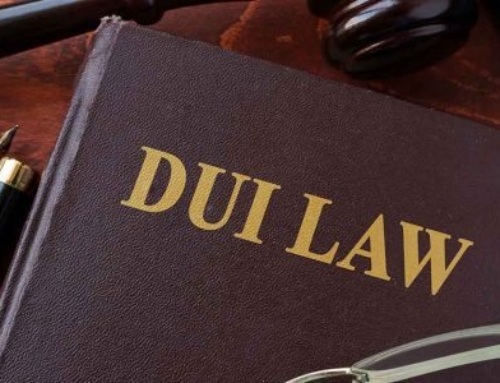Deciding when you need a criminal lawyer can be confusing. For example, if you must fight a parking or speeding ticket or want to take someone to small-claims court, a criminal lawyer typically is not required. However, if you are dealing with a more complex issue, such as getting your prior criminal record expunged or being charged with a crime after an arrest—you will need to secure a Gilbert criminal lawyer. Gilbert criminal attorney are knowledgeable in navigating their respective areas of expertise.
1. Prepare to hire a criminal attorney.
All Arizona lawyers have specialties and/or areas in which they have practiced the most. Make sure that the Gilbert criminal lawyer you choose has practiced criminal or DUI law. You will need someone who is a litigator and can demonstrate success in Arizona criminal court.
2. Consider a free attorney.
If you cannot settle on a criminal or DUI attorney right away (or cannot afford one), use the free attorney provided by the court for your initial hearing, or arraignment. According to the U.S. Constitution, you have the right to an attorney, especially if you are charged with a crime that carries a jail sentence. Public Defenders are sometimes overworked and might not be able to handle the nuances of your case. After the initial hearing, and if you can afford it, you might want to consider hiring an experienced Gilbert criminal lawyer; that is your option and legal right as a defendant.
3. Research.
All Arizona attorneys have records that are available to the public. Although it can be tedious, take the time to check if they have pending cases. You can also check your jurisdictions on the criminal court website, so you know whom you’ll be dealing with.
4. Find a Gilbert criminal lawyer who has experience handling cases like yours.
For example, there are a lot of defense attorneys who focus their practice primarily on DUIs. There is nothing wrong with that if you have a DUI but if you have a rape case or a homicide, you obviously want a criminal attorney with that kind of experience.
5. The interview.
When they are interviewing you to see if they can take your case, interview them. You want zealous representation. How far is your criminal attorney willing to go within legal bounds for your justice? Important: Everything that you say to the criminal attorney during the interview process is not privileged; therefore, at this point, you should not disclose anything specific about your case. Be very general in what you say until you formally retained him/her—that is when confidentiality begins.
6. Know the fees upfront.
The criminal lawyer should disclose all of their fees upfront and the fees in the retainer agreement should line up with what the lawyer told you. It is normal for a criminal lawyer to ask for all or most of the pre-trial attorney’s fees upfront, but many will make payment arrangements with you. Often there are additional fees if your case cannot be resolved before trial. Fees in a criminal case are never contingent on the outcome of your case.
7. Make sure the attorney has the same ideologies that you have.
Look at the attorney’s website. You need to have an idea of what his or her arguments might be. Since your case is against the district attorney (DA), you want to make sure that your attorney is well versed on any substantive issues. Are there political implications that your case might bring up?
8. Be empowered.
It might be difficult to feel empowered given the situation, but you are able to do all that you can to create the best legal defense possible. Breathe, do relaxation exercises, and stay focused on your goal.
9. Be honest.
After retaining your criminal lawyer, it is important to tell the truth, even if there is an issue of culpability. Criminal attorneys are trained to defend against those situations. An effective strategy cannot be developed if the attorney must protect against your omission of facts.
10. Be aware of quick plea deals.
Be open to considering pleas, but you do not want a criminal lawyer who will go for a plea first. You may not like this, but the state will always work hard to build its case against you. The cases against you or your loved one will have a primary offense and several smaller offenses to go along with it. Unless you are absolutely innocent and know that the state, in all likelihood, will build the case and try to expedite the process. If the DA offers a plea outright, it may be because the state doesn’t have a strong case.





